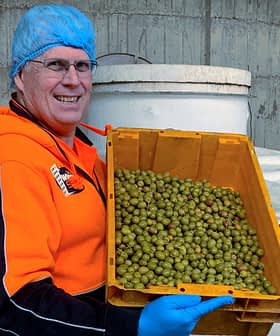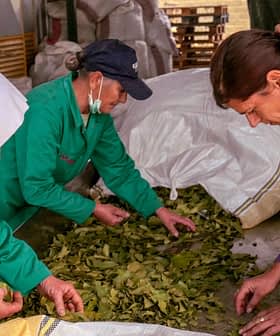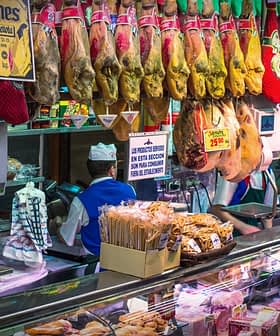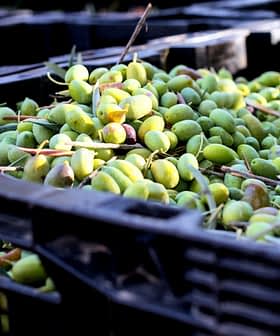Spanish Table Olive Exports to U.S. Fall Further
Table olive exports from Spain to the United States fell by almost a third in the first half of 2020. U.S. tariffs are blamed for the steep drop.
Spanish table olive exports to the United States have dropped by 30% in the first half of 2020, with Spain shipping 32,000 tons compared to 45,400 tons in the same period of 2019 due to U.S. tariffs on green and black olives. Antonio Mora of Asemesa argues that the tariffs put Spain at a disadvantage compared to other E.U. competitors like Portugal and Greece, with production costs in Spain being three times higher than in Portugal.
Spanish table olive exports to the United States have fallen by 30 percent in the first half of 2020, according to data published by the Spanish Association of Table Olive Exporters and Producers (Asemesa).
In the first six months of the year, Spain shipped 32,000 tons of table olives to the U.S., down from 45,400 tons in the first six months of 2019.
See Also:Trade NewsAntonio Mora, the secretary general of Asemesa, blamed two sets of U.S. tariffs for the sharp drop in exports.
Green olive imports from Spain currently face a 25 percent tariff as part of a package of countermeasures awarded to the U.S. by the World Trade Organization for illegal subsidies provided by the European Union to Airbus.
Separately, black olive imports from Spain face a combined 35 percent tariff, after the U.S. Trade Representative and U.S. Commerce Department accused Spanish olive producers of violating anti-subsidy and anti-dumping laws.
Some of these tariffs will likely be reduced after Spain convinced the United States Court of International Trade that it was not illegally subsidizing its farmers. The Commerce Department has appealed.
In the meantime, Mora argues that since the tariffs on black olives are specific to Spain and the tariffs on green olives are specific to Spain and France, the world’s largest table olive producer has been put on uneven footing with other E.U. competitors, including Portugal and Greece.
Mora added that table olive production is at least three times more expensive in Spain than it is in Portugal or Greece. He said that in Portugal the cost of production is 10 cents per kilogram, while in Spain it ranges from 30 cents up to 90, depending on whether the harvest is done by hand or mechanized.
Outside of the United States, which still makes up slightly more than one-fifth of the international market for Spanish table olives, exports to every other region of the world except to the Gulf states also slipped.
However, Mora attributed this to the exceptionally poor table olive harvest experienced by Spanish farmers in the 2019/20 crop year and the generally good harvests experienced by many of the country’s competitors.









